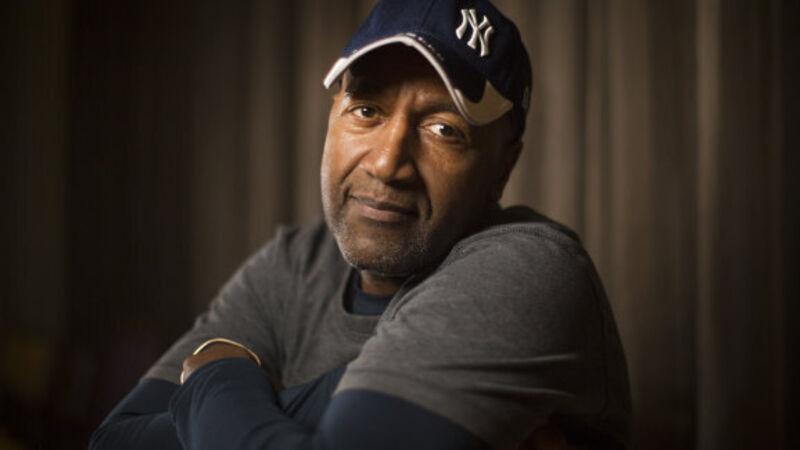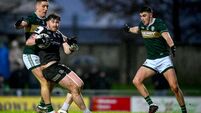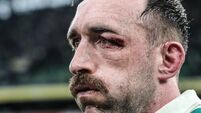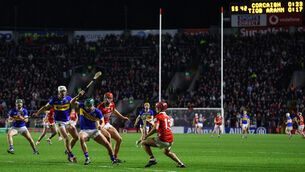Ed Randolph Interview: Ed and shoulders above the rest

nother winter’s midweek night in and around Dublin and again a Randolph comes bounding off the bench. Only this time it isn’t Darren, and it isn’t anything as sensational or as unexpected as a goalkeeper with only 60 minutes of senior international football behind him being thrown in against the world champions - then setting up a goal that would prompt a surge of joy across the country we thought an Irish soccer team might never give us again.
This time it’s Ed Randolph that is checking into the game in the less glamorous environs of a school gym hall in Bray, playing in the second division of the Dublin basketball league.












